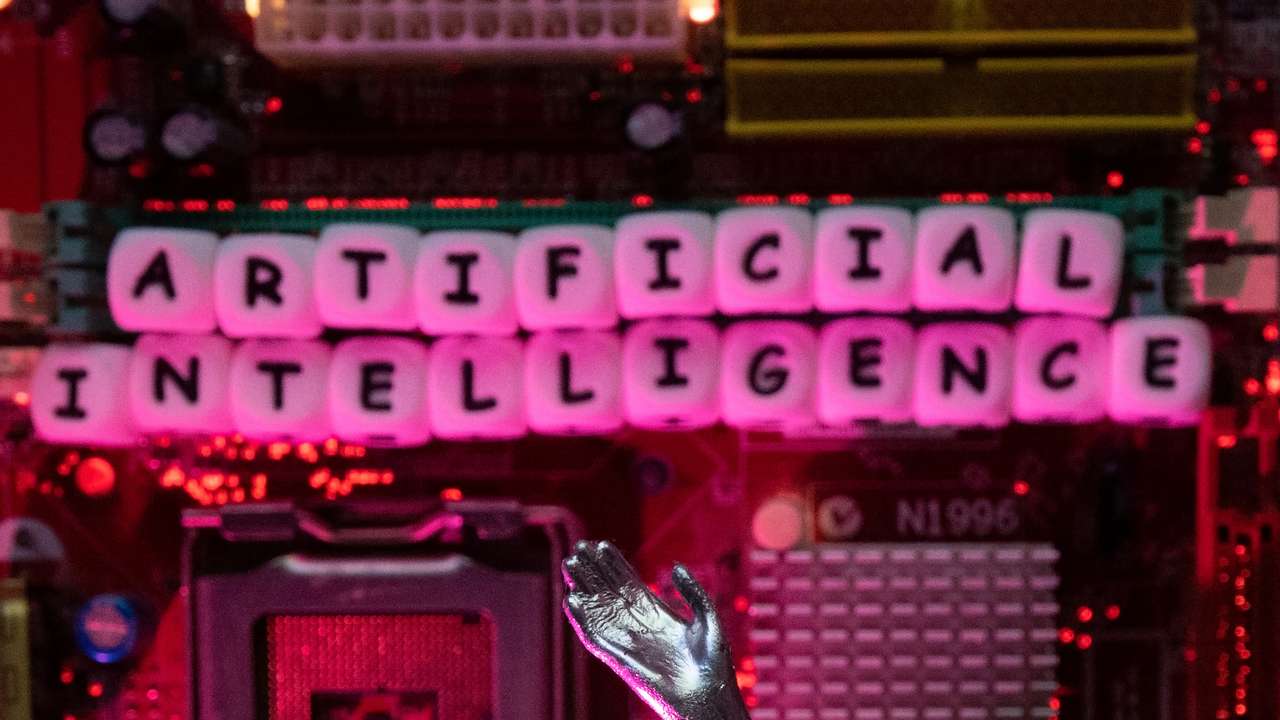Here's why Chinese judges are demanding more AI regulation

Judges in Beijing are urging tighter oversight of artificial intelligence developers and service providers, warning that rapid growth in the industry is creating new risks for citizens’ rights.
At a forum, Zhao Changxin, vice-president of the Beijing Internet Court, said judicial bodies must work more closely with regulators to supervise how AI is developed and used across multiple sectors.
“This joint approach aims to strengthen the regulation and guidance of AI use, and to clearly delineate the responsibilities and obligations of the technology developers, providers and users,” Zhao explained.
Since its founding in 2018, the Beijing Internet Court has handled more than 245,000 cases, and disputes linked to AI are climbing sharply. Many of these involve copyright issues around AI-generated content and questions of whether AI-powered tools constitute online infringement, China Daily reports.
Zhao noted that conflicts are no longer confined to internet platforms. They are spreading into culture, entertainment, finance, and advertising, where new products are raising questions about AI hallucinations, algorithmic bias, and ethical boundaries.
The push for stronger regulation comes on the heels of China’s first court case involving AI-generated voices. In 2024, a voice-over artist surnamed Yin discovered her voice had been cloned without consent for audiobooks circulating online.
The court found that a cultural media company had sent Yin’s recordings to an AI software developer, which then used the data to train a program that mimicked her vocal style. The AI-generated voice products were sold to third parties, including a voice-dubbing app. Judges ruled the cultural media company and the software developer had infringed Yin’s voice rights, ordering them to pay 250,000 yuan ($35,111) in compensation. Other defendants were cleared because they unknowingly used the cloned voice material.
“The ruling has set boundaries for how AI should be applied and helped regulate the technology to better serve the public,” said Sun Mingxi, another vice-president of the court.
Officials further stressed that while AI innovation should be encouraged, safeguarding dignity and individual rights must come first.
This story is written and edited by the Global South World team, you can contact us here.